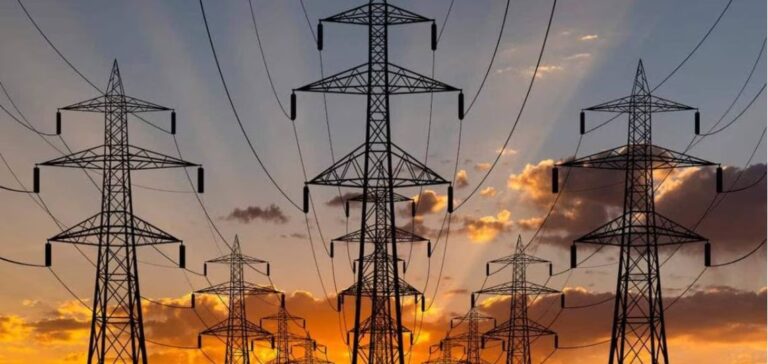Energy tensions in the heart of West Africa. Nigeria has cut off its electricity supply to Niger, AFP learned on Wednesday from a source close to the management of Société nigérienne d’électricité (Nigelec), in line with the sanctions decided by the West African neighbors of Niger, which has been destabilized by a putsch.
ECOWAS Putsch Sanctions Create Energy Tensions in West Africa
“Nigeria disconnected the high-voltage line carrying electricity to Niger yesterday (Tuesday),” said the source.
A Nigelec official said that the capital, Niamey, was “supplied by local production”.
On Sunday, the Economic Community of West African States (ECOWAS), led by Nigerian President Bola Tinubu, decided to impose sanctions on the putschists who overthrew elected president Mohamed Bazoum a week ago. In addition to a one-week ultimatum to restore constitutional order and the suspension of financial transactions with Niger, ECOWAS has decreed a freeze on “all service transactions, including energy transactions”.
Reducing energy dependency and tensions in West Africa with the Kandadji dam
According to a report by Nigelec – the country’s sole supplier – by 2022, 70% of Niger’s electricity supply would come from purchases from the Nigerian company Mainstream. The Kainji dam in western Nigeria generates electricity. Nigeria’s decision will worsen power cuts in Niamey.
To free itself from its heavy energy dependence on neighboring Nigeria, Niger is working to complete its first dam on the river of the same name by 2025. Some 180 kilometers upstream of Niamey, the Kandadji dam is scheduled to generate 629 gigawatt-hours (GWh) annually. Niger, one of the world’s poorest countries, is dependent on its foreign partners in many areas.
“Sanctions will hurt our country,” said Niger’s Prime Minister Ouhoumoudou Mahamadou on France 24 on Sunday, at a time when sanctions are being stepped up internationally.






















